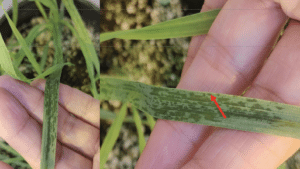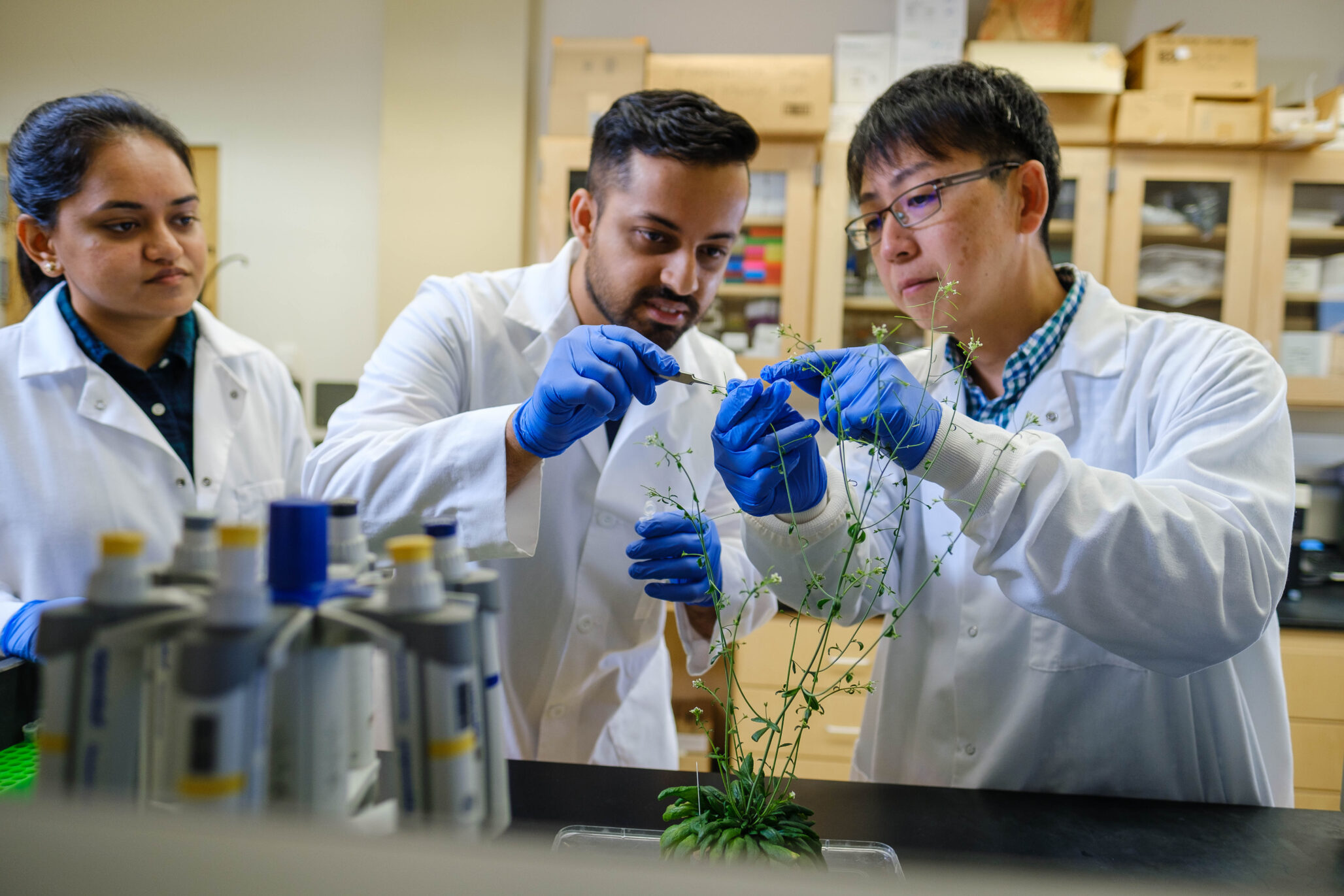Like jewel thieves pulling off a heist, bacteria have a variety of tricks to avoid detection when plundering a plant cell — and researchers continue to learn more details about their highly evolved tactics.
A well-studied protein, AvrPtoB, from the bacterial pathogen Pseudomonas syringae, is known to suppress the plant immune response, but has a previously unknown function, according to researchers from the Boyce Thompson Institute, Cornell University and the USDA-Agricultural Research Service. AvrPtoB prevents the plant from detecting another bacterial protein, HopAD1, which helps the bacterium to reproduce unnoticed. The new study appears in the journal Cell Host & Microbe.
The study’s findings underscore why it is difficult for plant breeders to create disease-resistant crops.
More information is available here: http://bti.cornell.edu/news/scientists-find-new-tool-for-pathogen-to-pillage-plants/












